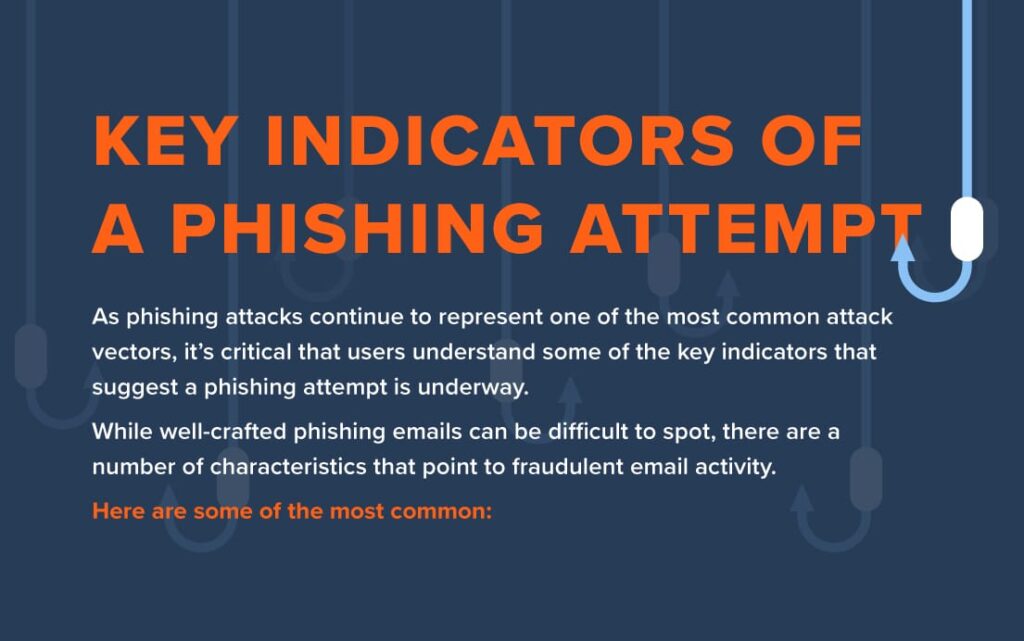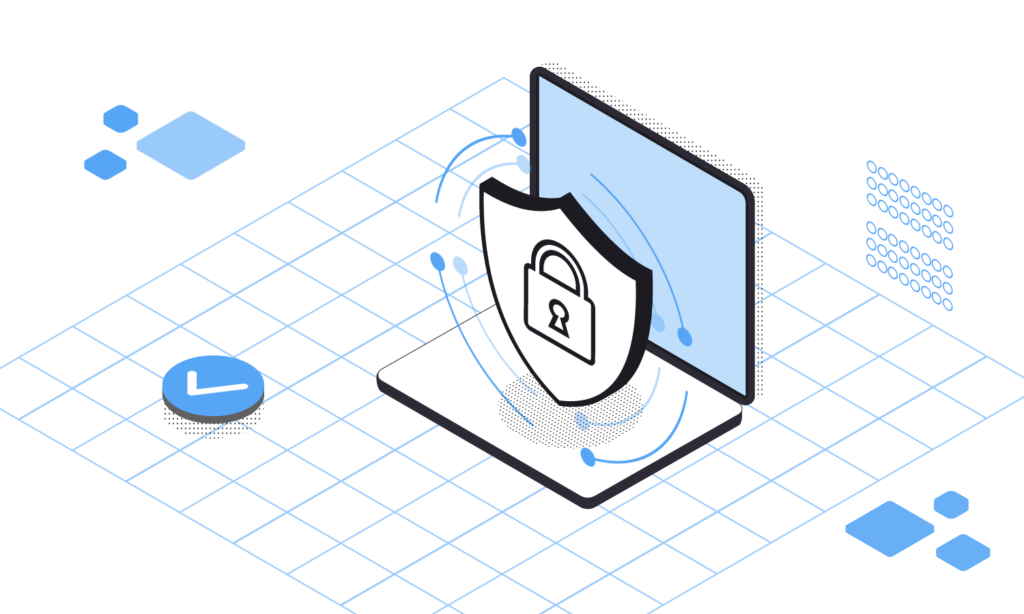 Cybersecurity is an important and growing field of technology focused on protecting digital data and information from unauthorized access, damage, or theft. As a rapidly advancing field, cybersecurity requires the integration of new technologies such as artificial intelligence (AI) to protect digital assets from malicious cyber threats. As cyber threats become increasingly common, understanding the risks associated with cybersecurity and the benefits of proper cybersecurity protection is essential. This article will discuss the concept of cybersecurity, the risk of cybersecurity, how AI is used in cybersecurity, the benefits of cybersecurity, and how to protect your data with cybersecurity.
Cybersecurity is an important and growing field of technology focused on protecting digital data and information from unauthorized access, damage, or theft. As a rapidly advancing field, cybersecurity requires the integration of new technologies such as artificial intelligence (AI) to protect digital assets from malicious cyber threats. As cyber threats become increasingly common, understanding the risks associated with cybersecurity and the benefits of proper cybersecurity protection is essential. This article will discuss the concept of cybersecurity, the risk of cybersecurity, how AI is used in cybersecurity, the benefits of cybersecurity, and how to protect your data with cybersecurity.
What is Cyber Security?
Cyber security, also known as cybersecurity, is the practice of protecting networks, systems, and programs from digital attacks. These attacks are usually aimed at accessing, changing, or destroying sensitive information, extorting money from users, or interrupting normal business processes. Cyber security is critical for organizations, governments, and individuals to protect their systems and data from malicious attacks.
To combat these cyber threats, organizations and individuals need to implement various cyber security measures. These measures can include installing firewalls and spam filters, using strong passwords, and utilizing encryption technologies to protect data. Additionally, the use of Artificial Intelligence (AI) and machine learning can help detect and prevent cyber attacks. AI-based systems are able to detect anomalies and threats faster than traditional methods, making them a valuable tool in the fight against cybercrimes.
Organizations also need to stay up to date on the latest cyber threats, as new attacks and vulnerabilities are constantly emerging. Regular training and awareness programs are essential for preventing cyber attacks. Additionally, having an incident response plan in place is essential in the event of a breach.
In conclusion, cyber security is essential in today’s digital world, as cyber threats continue to evolve and become more sophisticated. Organizations must implement the right cyber security measures to protect their systems and data. Additionally, training and awareness programs, as well as incident response plans, are essential for staying ahead of cyber threats.
The Risk of Cybersecurity
Cybersecurity is a term used to describe the protection of digital information and resources from cyber-attacks, data breaches and other malicious activities. It encompasses the procedures, technologies and practices designed to protect networks, systems, programs and data from unauthorized access, disruption or modification. In recent years, the increased digitization of data and systems has made cybersecurity even more important.
The threat of cyber-attacks is becoming increasingly sophisticated and persistent, with malicious actors using advanced Artificial Intelligence (AI) to target sensitive data and systems. AI-based malware can be used to launch cyber-attacks on any target, from individuals to large organizations. AI can also be used to automate malicious activities and increase their effectiveness. As a result, organizations must be vigilant and take steps to protect their systems from these sophisticated threats.
Organizations should employ a comprehensive approach to cybersecurity. This includes ensuring that all software and systems are up to date, implementing strong authentication and access control procedures, and conducting regular cybersecurity auditing and monitoring. It is also important to have a cybersecurity policy in place, which outlines the organization’s security policies and procedures, as well as its responsibilities.
Organizations must also be aware of the increasing number of cyber threats and take steps to protect themselves. This includes implementing measures such as two-factor authentication and data encryption, as well as educating staff on how to spot and respond to cyber-attacks. It is also important to have a response plan in place to ensure that any incident is dealt with quickly and effectively.
In conclusion, cybersecurity is an increasingly important part of any organization’s operations. In order to protect their systems and data from malicious actors, organizations must take steps to ensure that their systems and software are up to date, and that their staff are adequately trained and aware of cyber threats. By taking these steps, organizations can protect themselves from cyber-attacks and ensure their data is secure.
How AI is Used in Cybersecurity

Cybersecurity is a broad term used to describe the protection of data and networks from cyber-attacks. As cyber threats become more sophisticated, and the technology used to protect against them becomes more complex, many organizations are turning to Artificial Intelligence (AI) as a means of enhancing their security measures. AI can be used in a variety of ways to improve cybersecurity, from detecting and blocking malicious activity to analyzing large amounts of data to identify potential threats. In this article, we’ll take a look at some of the ways AI is being used in cybersecurity today.
One of the key ways AI is used in cybersecurity is in the detection of malicious activity. AI can be used to analyze vast amounts of data to identify suspicious behavior and alert security teams to potential threats. AI-driven technologies can also be used to block malicious activity before it can do any harm. The use of AI for threat detection and prevention has become increasingly popular in recent years, as it enables organizations to detect and mitigate threats much faster than traditional methods.
AI can also be used to automate routine security tasks, such as patching and vulnerability management. By using AI-driven technologies, organizations can scan their networks for known vulnerabilities and patch them automatically, greatly reducing the time and effort it takes to keep their systems secure. AI can also be used to monitor user behavior, ensuring that employees are not engaging in activities that could put the organization at risk.
Finally, AI can be used to improve threat intelligence. By analyzing vast amounts of data, AI-driven technologies can identify patterns and indicators of malicious activity, helping organizations stay one step ahead of cybercriminals. AI-driven technologies can also help organizations stay on top of the latest cyber threats, allowing them to quickly respond to new threats and protect their networks.
AI is becoming an increasingly important part of cybersecurity, and it shows no signs of slowing down anytime soon. As cyber threats become more sophisticated, organizations will need to rely more and more on AI-driven technologies to keep their networks and data safe. By leveraging AI-driven technologies, organizations can improve their cybersecurity posture and better protect themselves from potential threats.
The Benefits of Cybersecurity
The importance of cybersecurity cannot be overstated in today’s digital world. Cybersecurity is the practice of protecting systems, networks, and programs from digital attacks. It is a critical component of any business’s technology infrastructure, ensuring the safety and reliability of data and networks from malicious activities.
Cybersecurity is especially important in the era of artificial intelligence (AI) and machine learning. AI is being used to automate processes and analyze data, creating huge opportunities for businesses. However, AI is also vulnerable to malicious attacks. Cybersecurity measures are needed to protect AI systems and data from cyber-attacks, identity theft, and data loss.
There are several key benefits to having a good cybersecurity framework in place. First and foremost, it provides peace of mind. Businesses can rest assured that their systems, networks, and data are safe from digital attacks. This security can help eliminate the risk of financial losses due to malware and other malicious activities.
Second, having a strong cybersecurity plan in place can help businesses mitigate risks from potential threats. Companies are able to identify potential vulnerabilities in their networks and take proactive measures to protect their systems from attack. This helps reduce their exposure to cyber-attacks, data breaches, and other malicious activities.
Finally, having robust cybersecurity in place can help businesses save time and money. By taking proactive measures to protect their systems, businesses are able to reduce the costs associated with dealing with cyber-attacks and other malicious activities. This can include costs related to restoring services and data, as well as costs associated with lost revenue due to downtime.
Cybersecurity is an essential component of any business’s technology infrastructure. With the right security tools, businesses can protect their systems, networks, and data from cyber-attacks and other malicious activities. This security can provide peace of mind, minimize risks, and reduce costs.
Protecting Your Data with Cybersecurity
With the ever-increasing use of the internet, cyber security has become an essential element of any business operation. Cybersecurity is the practice of protecting networks, systems, and programs from digital attacks. It’s about protecting your data, networks, and systems from unauthorized access and malicious activity.
The primary goal of cybersecurity is to keep data secure from cyber attacks and to prevent unauthorized access. Cybersecurity technologies can range from tools and techniques used to protect computers and networks from malicious activity, to artificial intelligence (AI) algorithms used to detect and block malicious activities.
One of the most important aspects of cybersecurity is having strong passwords and access control systems. Passwords should be long, complex and difficult to guess. It is also important to change passwords regularly and use two-factor authentication methods. Access control systems prevent unauthorized users from gaining access to a system or network. These systems can also be used to detect and block malicious activities.
Data encryption is also a key part of cyber security. Encryption is the process of encoding data so that it is not readable by unauthorized users. By encrypting all data, businesses can ensure that it is kept safe from unauthorized access and use.
AI is increasingly being used to enhance the security of networks and systems. AI algorithms can be used to detect malicious activity and block it before it can do any damage. AI can also be used to detect suspicious activity such as fraudulent transactions or cyber attacks.
Ultimately, businesses need to be vigilant and take proactive steps to protect their networks and systems. Cybersecurity is an ever-changing landscape and businesses need to stay up to date with the latest technologies and best practices. By taking the necessary steps to protect their data, networks and systems from cyber threats, businesses can ensure their data is kept safe and secure.
Conclusion
Cyber security is an ever-evolving and essential tool to protect digital data. It uses various techniques, such as Artificial Intelligence (AI) to detect and prevent cyber threats. With increased cyber threats and the growth in digital technology, cyber security is more important now than ever before. Businesses, governments, and individuals must be aware of the risks associated with cyber threats and take steps to protect their data. Cyber security provides various benefits, from protecting confidential data to increasing safety, and can be a powerful tool for businesses, organizations, and individuals. By understanding the risks, utilizing the latest advancements in cybersecurity technology and AI, and taking steps to protect data, organizations, businesses, and individuals can enhance their security and increase their peace of mind.




